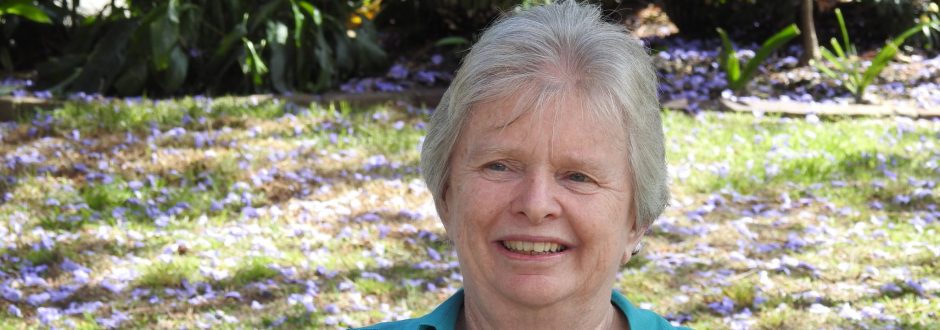Vocation must be recognised and fostered within every person. There can be no special status for anyone, writes Good Samaritan Sister Clare Condon.
BY Clare Condon SGS
Recently in Kraków, Poland, during World Youth Day, Pope Francis spoke very plainly to young people. He said: “Dear young people, we didn’t come into this work to ‘vegetate’, to take it easy, to make our lives a comfortable sofa to fall asleep on. No, we came for another reason: to leave a mark”. Pope Francis invited them to search out their true vocation and purpose in life and to make a difference.
The mark that he was referring to implies a freedom that brings happiness into one’s own life and to the lives of others, rather than “rejection, division and emptiness”.
During the past week, the Catholic Church in Australia focused on Vocation Awareness Week, with an emphasis on priesthood and religious life. The focus of this campaign was directed at young people. It saddens me that the Church, often when it speaks of vocation, has such a narrow view of this profound word vocation. Surely such a rich concept of meaning and purpose in life belongs to every person if they are to be a mark for happiness, goodness and right relationship, as implied by the Pope in his addresses to those attending World Youth Day.
Immediately after Vatican II, some 50 years ago, within the local Church there was great emphasis on the vocational call of every baptised person. We saw the formation of parish pastoral councils and the introduction of significant faith and theological education for lay adults. There was hope of an inclusive Church, one where everyone’s baptismal call was recognised and equally valued; where the contribution of all would find a place for goodness and right relationships.
That hope has faded as a hierarchical framework continues to shape the life of the Church, and is in fact reinforced by an apparent emphasis on vocation as the exclusive domain of priesthood and religious life. Such an emphasis can only be interpreted as setting up a hierarchy of vocation within a status-ridden Church and not creating an equality of vocation.
If the youth of the Catholic Church are to “leave a mark”, as Pope Francis put to them so forcefully, and if it is to happen within the Church, then the structure of the Church must change along with an underlying theology which will enunciate the dignity of every human vocation for bringing about happiness, goodness and right relationships. Vocation must be recognised and fostered within every person. There can be no special status for anyone. Everyone seeks to find meaning and purpose in their lives.
During Vocation Awareness Week, when I read many of the advertisements for priestly and religious life in Catholic newspapers, I wondered what young people, if any, would respond today to these advertisements. To me, many of the advertisements spoke of a time that has passed by.
In the history of the Catholic Church, religious orders have come and gone, and usually were founded to address a particular societal need or prophetic stance in Church or society. Many orders have now fulfilled the purpose for which they were founded. Their schools, hospitals and welfare services have been missioned to new bodies, mainly to committed lay people, who will carry on the charism and mission started long ago. These lay people are the models for young people today. They are now the leaders in faith and spirituality.
There will always be a place for religious life within the Church, but let it be a prophetic force which assists in the empowerment of all people to make a contribution – to make a mark for happiness, goodness and right relationships in a world struggling with “rejection, division and emptiness”. May the words of Pope Francis resonate with all of us, not just those who heard him speak in Kraków.
